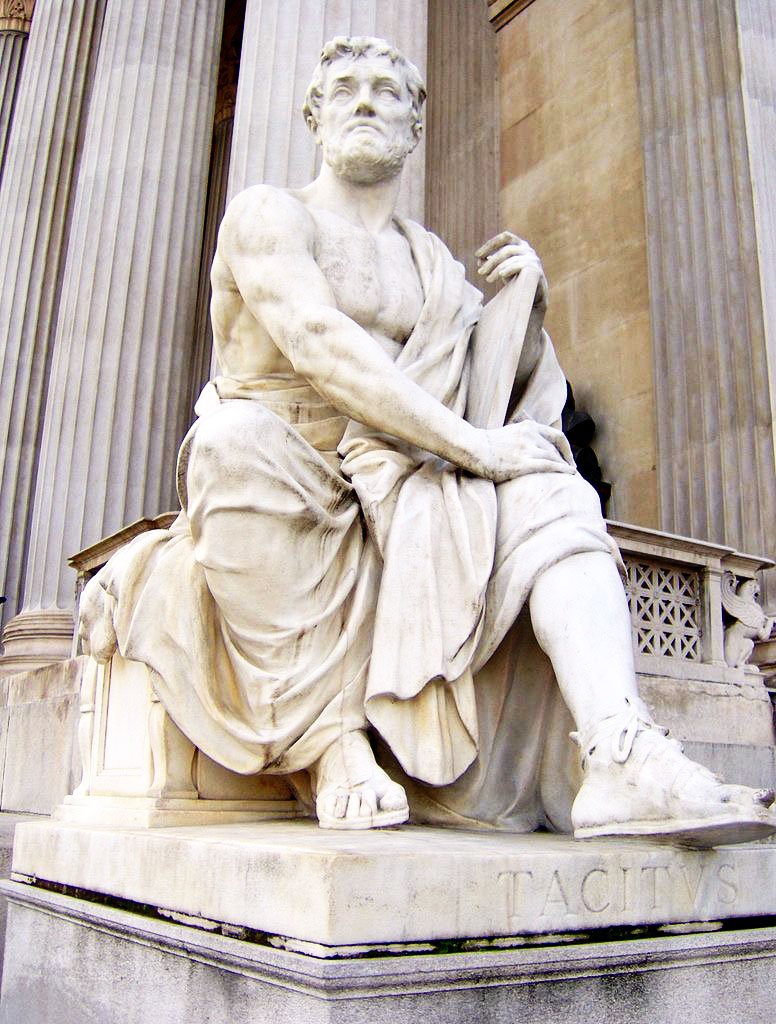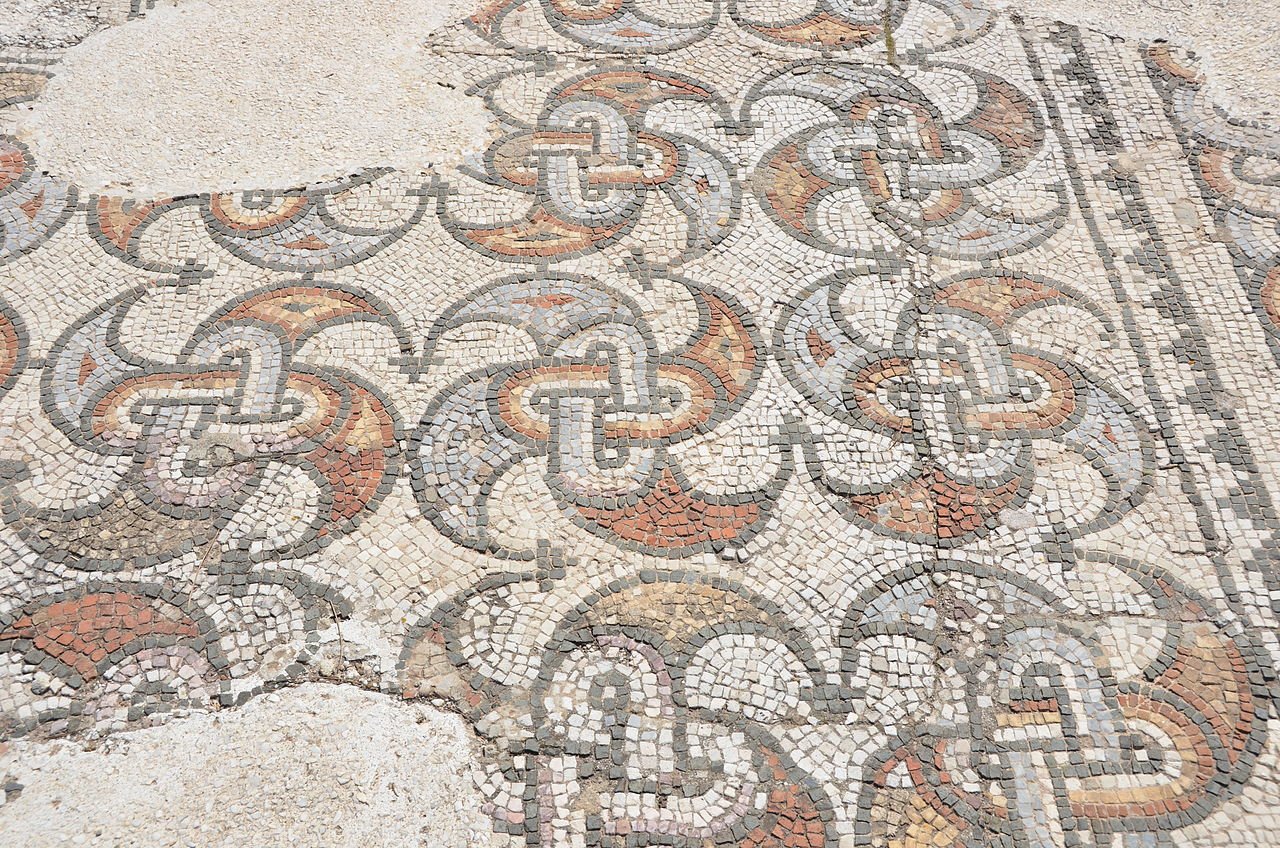The fourth [persecution of the Christians] was under righteous Marcus Aurelius (177 AD), who persecuted the Christians because he believed the tales their enemies spread about them … (The Fifth Seal, 303-313 AD, pg. 33).
“… we find it difficult to understand why, in the second century of our era, a great emperor who was also a great philosopher should have deliberately persecuted Christianity. The difficulty arises from our overlooking the entirely different aspect under which religion presented itself to a Roman mind. It was a matter which lay, not between the soul and God, but between the individual and the State. Conscience had no place in it. Worship was an ancestral usage which the State sanctioned and enforced. … The neglect of it, and still more the disavowal of it, was a crime. An emperor might pity the offender for his obstinancy, but he must necessarily either compel him to obey or punish him for disobedience.”
Edwin Hatch, The Influence of Greek Ideas and Usages Upon the Christian Church, pp. 21-22.

